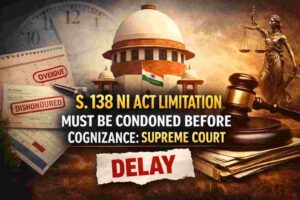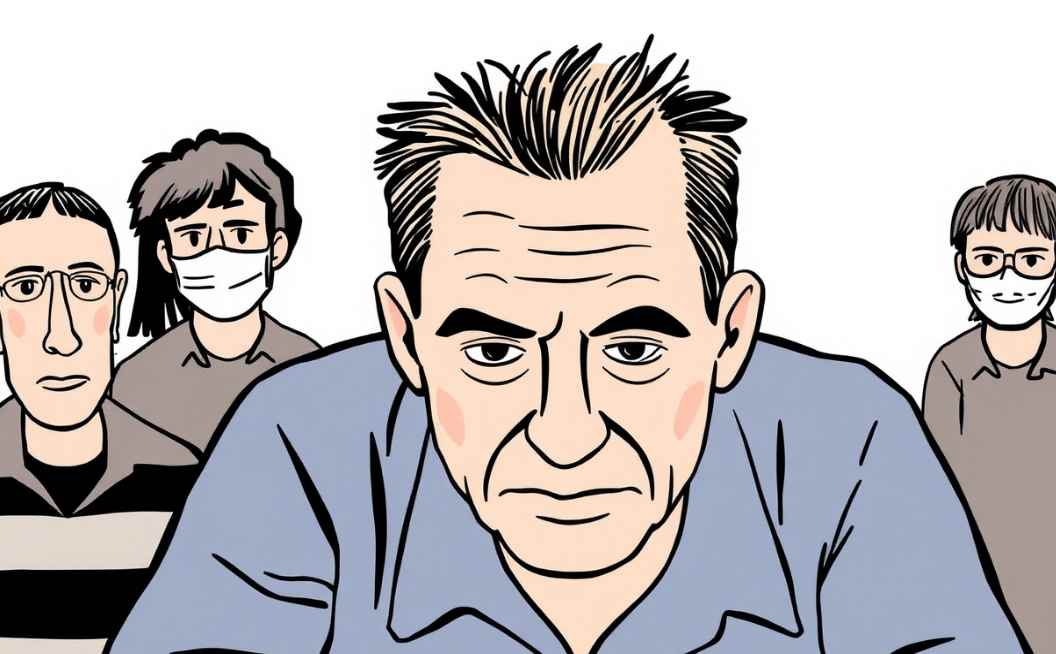Published on: 08 September 2024, 9:16 AM IST
By: Rohit B
The Kerala High Court has ruled that the Bharatiya Nagarik Suraksha Sanhita (BNSS) provisions, which offer protections to accused individuals with intellectual disabilities or unsound minds, must be applied retrospectively, even in cases initiated before the enactment of the new law on July 1, 2024.
This landmark decision came in response to a plea filed by a 74-year-old accused suffering from Alzheimer’s Dementia, challenging a trial court’s handling of his case under the Prevention of Corruption Act.
Case Details
The accused had argued that his advanced Alzheimer’s Dementia rendered him incapable of defending himself in court.
Despite a medical evaluation confirming severe dementia, the trial court initially dismissed the claim of mental infirmity and directed him to undergo further assessment at a mental health facility in Thrissur.
Justice K Babu, presiding over the case, emphasized the importance of ensuring a fair trial, as guaranteed by Article 21 of the Indian Constitution.
The judge pointed out that mental and intellectual disabilities, such as Alzheimer’s Dementia, significantly impact an individual’s ability to effectively participate in judicial proceedings, thus necessitating the postponement of such trials.
Retrospective Application of BNSS
The Court ruled that the BNSS, which offers broader protection than the Criminal Procedure Code (CrPC) by extending its provisions to individuals with intellectual disabilities as well as those of unsound mind, should apply retrospectively.
Justice Babu held that failing to do so would violate the right to equal protection under Article 14 of the Constitution, as individuals facing similar conditions would otherwise be treated differently under CrPC and BNSS.
The Court further clarified that Section 368 of the BNSS encompasses Alzheimer’s Dementia if the condition is severe enough to prevent the accused from making a defense. Dementia, being a progressive disorder, causes the gradual loss of brain functions, thus constituting an intellectual disability in this context.
Court’s Criticism of the Lower Court Decision
Justice Babu criticized the special court’s decision to require the accused to arrange for his psychiatric evaluation, emphasizing that the court must investigate and determine whether the accused is suffering from any mental disability. The judge described the special judge’s order as “patently illegal and irregular.”
The case was remanded to the special judge for re-evaluation in light of the BNSS provisions.
Legal Representation
The petitioner was represented by advocates T Kabil Chandran, TD Robin, R Anjali, and Aayshath Najila Schemnad, while Public Prosecutor G Sudheer appeared for the State.
Advocates Renjith B Marar and V Ramkumar Nambiar served as Amicus Curiae.















